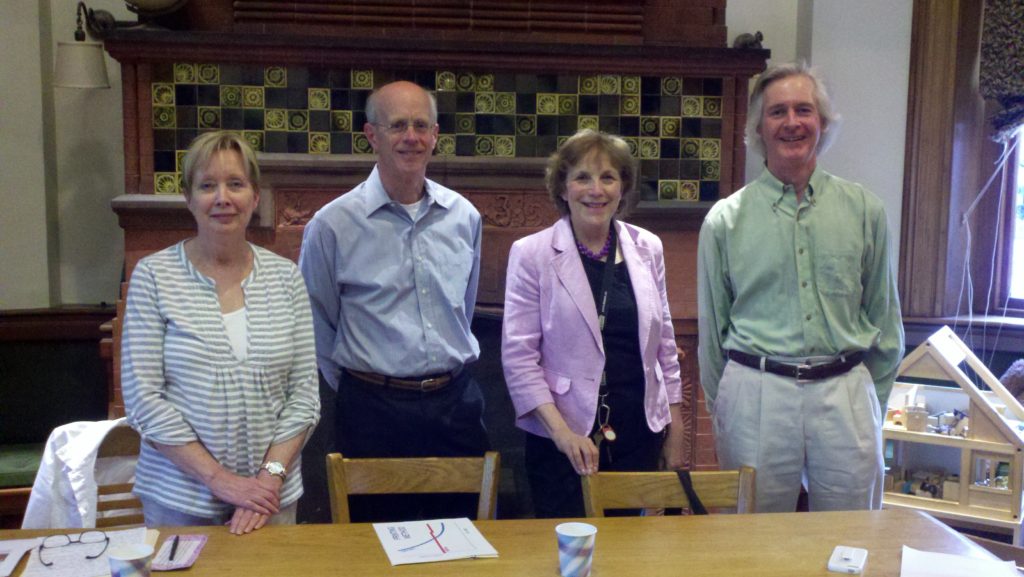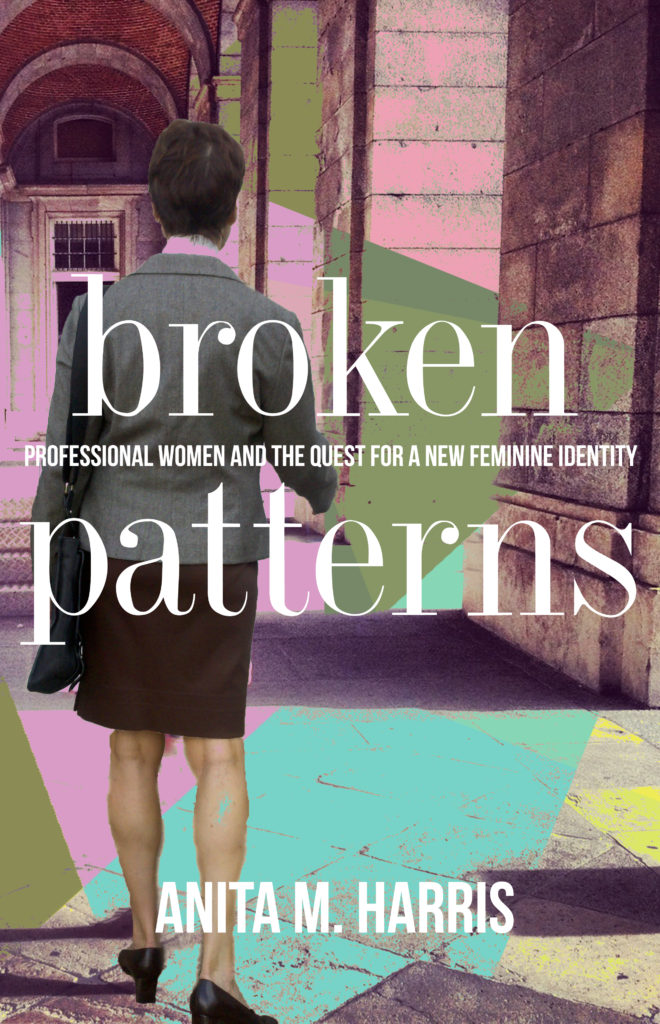Author Anita Harris reports on a panel about independent publishing on which she appeared with Susan...
careers
A new edition of Anita Harris' book, Broken Patterns, has been published by Cambridge Common Press. The...
Writer-content strategist Anita Harris describes a recent panel discussion in which she, Stephen Smith of...

